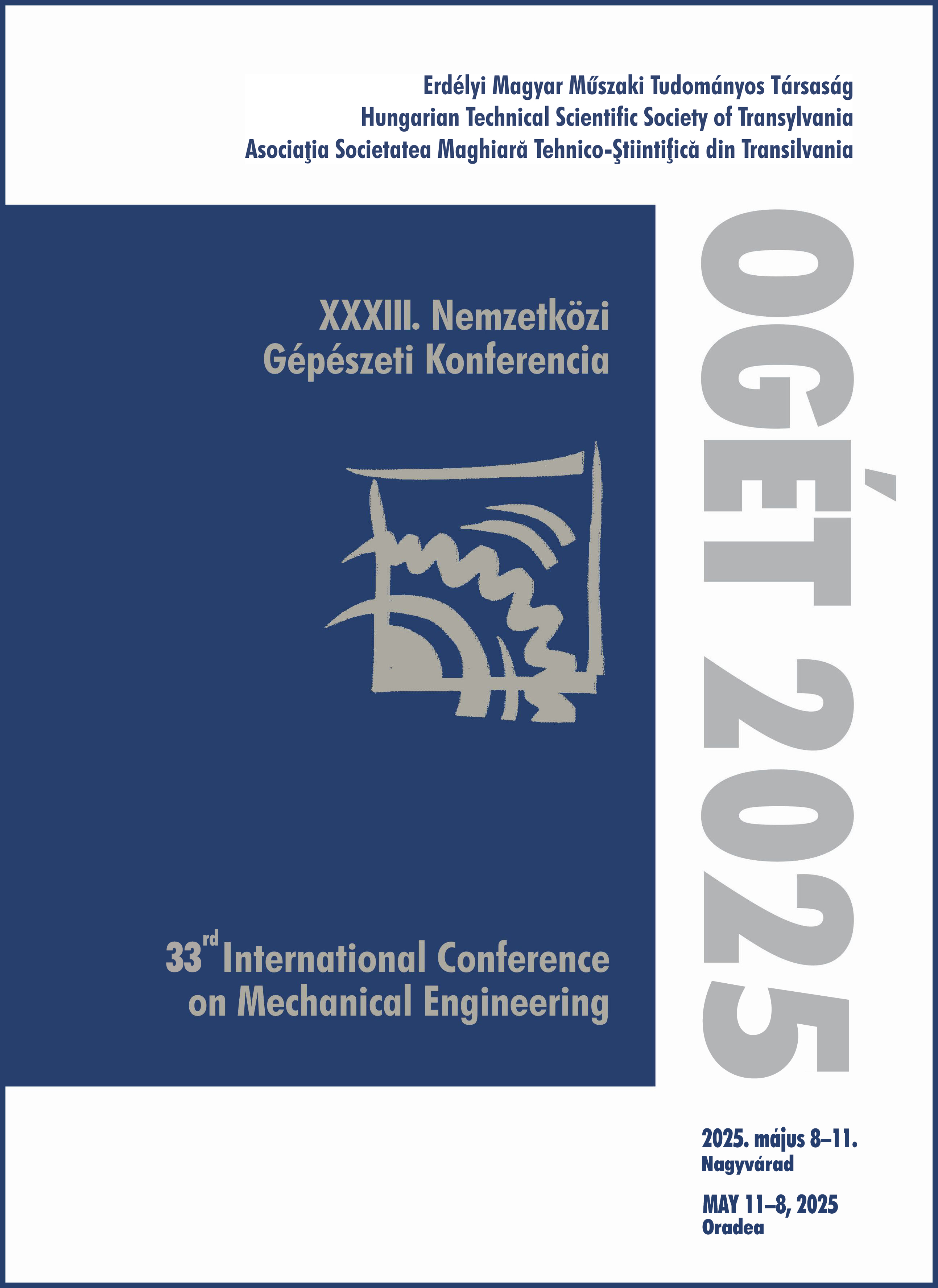Fekete hattyú események és a globális ellátási láncok rugalmassága
Black swan events and the resilience of global supply chains
Keywords:
supply chain, black swan events, resilience, risk assessment, /, ellátási lánc, fekete hattyú események, ellenálló képesség, kockázatértékelésAbstract
This paper examines the critical challenges facing global supply chain management in the context of black swan events — unpredictable and high-impact occurrences that disrupt traditional systems. The research highlights the importance of enhancing supply chain resilience through proactive risk assessment, scenario planning, diversification, and redundancy. The integration of advanced technologies such as IoT, blockchain, and AI is presented as pivotal. Additionally, collaboration with stakeholders, agile supply chain practices, and resilient financial planning are emphasized. This study identifies continuous improvement and global network optimization as essential elements for long-term sustainability and competitive advantage in an increasingly volatile global environment..
Kivonat
Ez a tanulmány a globális ellátási láncok kezelésének kritikus kihívásait vizsgálja a fekete hattyú események kontextusában. Kiemeli az ellátási láncok rugalmasságának erősítését, hangsúlyozza a proaktív kockázatkezelés, a forgatókönyv-tervezés, a diverzifikáció és a redundancia fontosságát. A tanulmány rávilágít az olyan technológiák alkalmazásának szerepére, mint az IoT, a blokklánc és a mesterséges intelligencia. A közös munka, az agilis ellátási gyakorlatok és a szabályozói megfelelés is előtérbe kerül. Az elemzés végül a folyamatos fejlesztés és a globális hálózatok optimalizálását hangsúlyozza.
References
Christopher, M., & Peck, H. (2004). Building the resilient supply chain. International Journal of Logistics Management, 15(2), 1–14. https://doi.org/10.1108/09574090410700275
Chowdhury, P., Paul, S. K., Kaisar, S., & Moktadir, M. A. (2021). COVID-19 pandemic related supply chain studies: A systematic review. Transportation Research Part E: Logistics and Transportation Review, 148, 102271. https://doi.org/10.1016/j.tre.2021.102271
Ivanov, D., & Dolgui, A. (2020). Viable supply chain model: Integrating agility, resilience, and sustainability perspectives—Lessons from and thinking beyond the COVID-19 pandemic. Annals of Operations Research, 1–21. https://doi.org/10.1007/s10479-020-03640-6
Lee, H. L., Padmanabhan, V., & Whang, S. (1997). Information distortion in a supply chain: The bullwhip effect. Management Science, 43(4), 546–558. https://doi.org/10.1287/mnsc.43.4.546
Notteboom, T., Pallis, T., & Rodrigue, J. P. (2021). Disruptions and resilience in global container shipping and ports: The COVID-19 pandemic versus the 2008–2009 financial crisis. Maritime Economics & Logistics, 23(2), 179–210. https://doi.org/10.1057/s41278-020-00180-5
Queiroz, M. M., Ivanov, D., Dolgui, A., & Fosso Wamba, S. (2020). Impacts of epidemic outbreaks on supply chains: Mapping a research agenda amid the COVID-19 pandemic through a structured literature review. Annals of Operations Research, 1–38. https://doi.org/10.1007/s10479-020-03685-7
Smith, A., Ivanov, D., & Dolgui, A. (2021). Impacts of epidemic outbreaks on supply chains: Mapping a research agenda amid the COVID-19 pandemic through a structured literature review. Annals of Operations Research, 1–38. https://doi.org/10.1007/s10479-020-03685-7
Taleb, N. N. (2007). The Black Swan: The impact of the highly improbable. Random House.
Taleb, N. N., & Blyth, M. (2011). The black swan of Cairo: How suppressing volatility makes the world less predictable and more dangerous. Foreign Affairs, 90(3), 33–39.
Tang, C. S. (2006). Perspectives in supply chain risk management. International Journal of Production Economics, 103(2), 451–488. https://doi.org/10.1016/j.ijpe.2005.12.006


